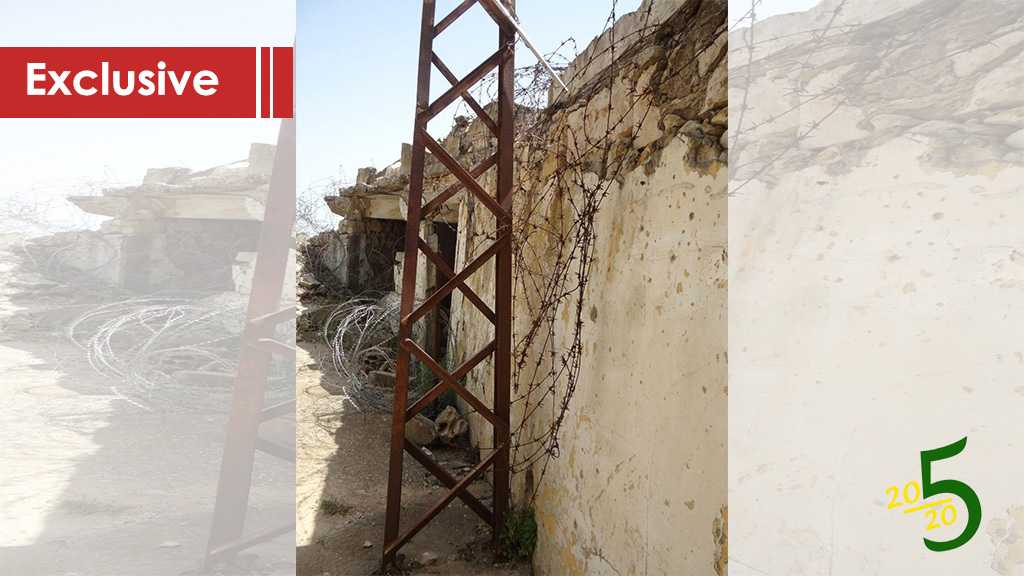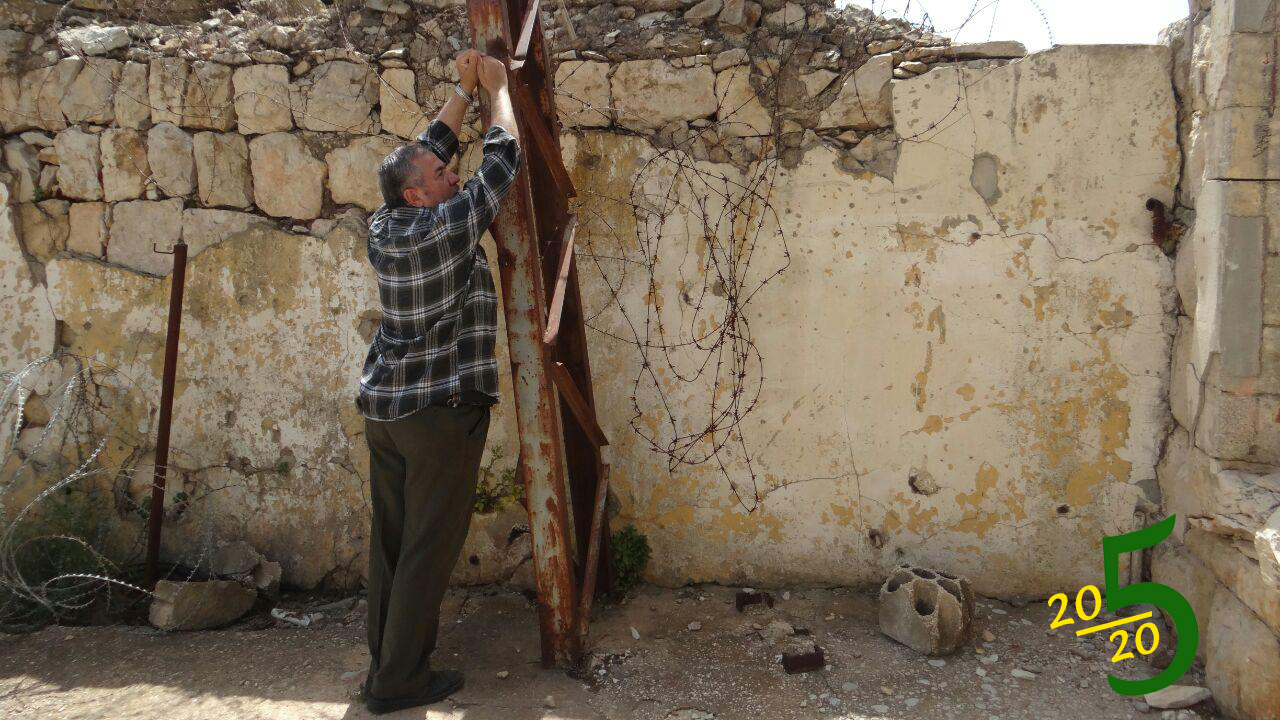
Even If ‘Israel’ Polished the Prison Walls, It Won’t Polish Its Bloody History

By Zeinab Abdallah
South Lebanon - Before the liberation of Lebanon from the ‘Israeli’ enemy on May 25, 2000, one of the ‘Israeli’-run facilities, used to detain any member suspected of carrying out a resistance activity, was totally inhabitable.
The Khiam Detention Center, based on top of the southern Lebanese town of Khiam, which borders occupied Palestine, didn’t feature any aspect that makes it fit for the human survival. In addition to being located in an open and high altitude area, not a single detail in it made it fit for detaining humans inside it.
Inside cells that could barely fit for two, every five detainees spent years of their lives. Not a single light, not even a toilet… detainees adapted with such harsh circumstances.
Some solitary cells were flooded with rainwater in winter, and being as hot as hell in summer, and it was all fine for the prison’s administration.
One day, out of the blue, conditions turned upside down. The detainees were astonished…
In the early 1995, ‘Israelis’ started improving the place. They emptied prisons gradually and made radical changes inside. When every group of prisoners returned to their cell, they didn’t find it. Every four or five cells were merged together in a one big hall. Beds were added, and toilets were set inside. Hot water became also available, even lights appeared finally in the dark rooms.
Detainees didn’t understand the sudden transformation although they concluded that something is in the making. Days later, they learned that the International Committee for Red Cross [ICRC] will enter the place.
It was hence understood that the ‘Israeli’ was taking all precautionary measures to show the ICRC that the place is suitable and comfortable for the prisoners, so that when it reflects the image to the outer world it doesn’t harm the ‘Israeli’ one.
In that year, the ICRC representatives started entering the Khiam Detention Center and holding meetings with the detainees who, in fact, told them that everything they can see at the time are innovated, and things were in total mess before.
The representatives, however, wanted to stay on the safe side. They told the prisoners that they are concerned with what happens in the present and that they don’t want to tackle what happened before.
However, despite the apparent enhancement, the policies to torture and starve detainees continued. Although detainees were allowed to receive letters from their relatives, those letters have long been censored by the jailers who chose to cancel any part of it they don’t like. Methods of torture were always the same. The most brutal and painful was the electric pole upon which detainees were hanged upside down, and sometimes they hang them from one leg only. Detainees used to remain two to three days hanged in the whatsoever whether happens to be at time of their turn. They were deprived of food and water… with their heads covered in bags, but their entire bodies kept naked.

A lot of detainees were martyred on this electric pole in particular…
The Red Cross was not capable of holding the prison’s administration into account or even sue it. The administration, they say, is not a state, but rather a militia tied to the ‘Israeli’.
This might not seem weird regarding the practices of an enemy like the ‘Israeli’ one. ‘Israel’ has long sought polishing its blood-stained image, the blood of detainees, many of whom were martyred, while the rest have carried with them outside the bars, many chronic respiratory and dermal diseases.
‘Israel’, the murderous living thing on this planet, would be able to polish the walls of the prison. It would be able to wipe away the once-seen dirt and darkness, but would never be able to polish the blood on its hands, nor be able to change its history.
‘Israel’ is a master at performance. There is no doubt. ‘Israel’, however, wouldn’t master directing the scene. The enemy might be able to begin whatever it wants, yet the stable equation is that this enemy itself will remain dependent on the might of resistance, which, since more than a couple of decades, is deciding what it wants to end, the way it, only, wants.
Comments



